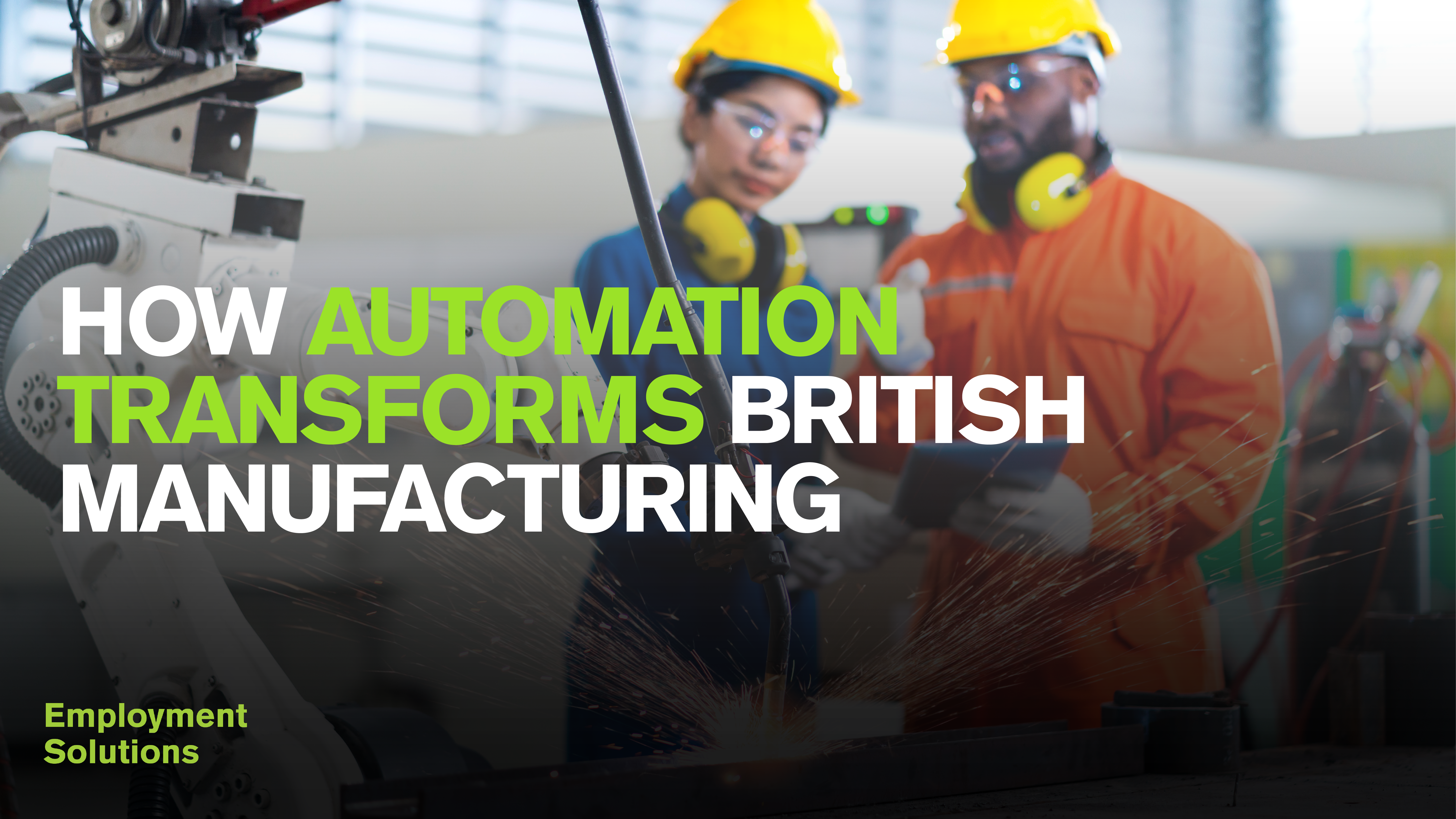In the dynamic landscape of the British manufacturing industry, automation is heralding a new era of production efficiency and precision. The clatter of manual labour is giving way to the seamless coordination of robots, artificial intelligence, and state-of-the-art machinery. This blog delves into the profound impact of automation, illuminating its myriad benefits, challenges, and promising future for the UK's manufacturing sector.
Automation: A Paradigm Shift in Manufacturing:
Automation has ushered in an era of unparalleled efficiency and productivity within manufacturing. Machines tirelessly work around the clock, free from fatigue or the need for rest. This not only reduces lead times but also equips manufacturers with the agility to respond to the ever-shifting tides of market demands swiftly.
Precision and Consistency: The Hallmarks of Automation:
Advanced robotics and AI-driven systems execute tasks with an accuracy that human intervention cannot match. Industries that demand precision, such as aerospace, electronics, and medical device manufacturing, stand to benefit immensely from this unwavering commitment to accuracy.
Enhancing Workplace Safety through Automation:
By entrusting repetitive and potentially dangerous tasks to machines, automation has become a stalwart defender of worker safety. This concerted effort to reduce the risk of accidents and injuries has cultivated a safer, more secure environment for employees.
Flexibility and Customisation: Automation's Versatility:
The versatility inherent in modern automation systems empowers manufacturers to seamlessly pivot production lines, meeting evolving market demands with ease. This adaptability grants businesses the ability to produce customised products on a broader scale, catering to the specific needs and desires of customers without sacrificing operational efficiency.
Data-Driven Insights: The Power of Automation:
Automation provides manufacturers with a treasure trove of data, a wealth of information that can be harnessed for insightful decision-making. Manufacturers glean invaluable insights into production processes through the marriage of analytics and machine learning.
Challenges and Considerations: Navigating the Road Ahead:
While the advantages of automation in manufacturing are undeniable, it is not without its challenges. Considerations surrounding workforce displacement, the initial capital investment, and the need for skilled technicians to operate and maintain automation systems loom large. However, with careful planning and strategic implementation, these hurdles can be surmounted, ensuring a seamless transition and maximising the return on investment.
The Future of Automation in British Manufacturing: A Glimpse Ahead:
As technology continues its relentless advance, the future of automation in British manufacturing appears exceedingly promising. Collaborative robots (cobots) working hand in hand with their human counterparts, the integration of IoT devices for real-time monitoring and control, and the emergence of autonomous systems capable of independent decision-making are but a few glimpses into what lies on the horizon. Additionally, advancements in AI-driven predictive maintenance are poised to enhance operational efficiency further.
Automation stands as the beacon illuminating the path to a reimagined, revitalised manufacturing industry in Britain. While challenges exist, the myriad of benefits, from heightened efficiency to enhanced precision, firmly establish automation as an indispensable tool for manufacturers striving to flourish in today's dynamic market. By embracing this transformative technology, businesses optimise their operations and pave the way for a more innovative, sustainable future in British.









